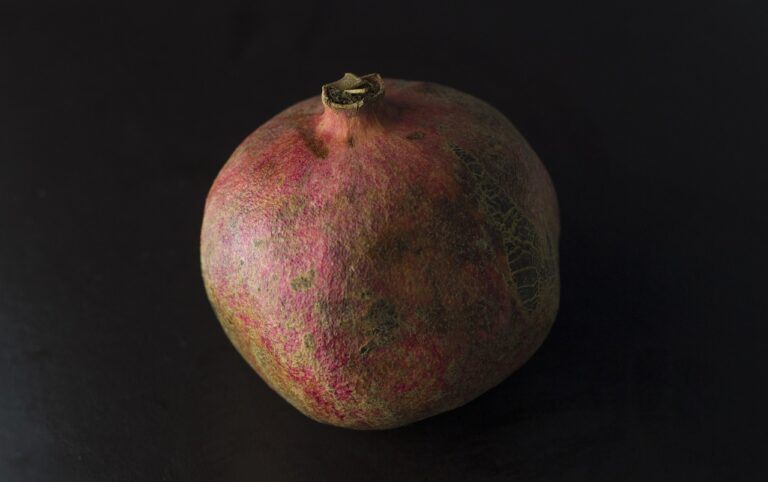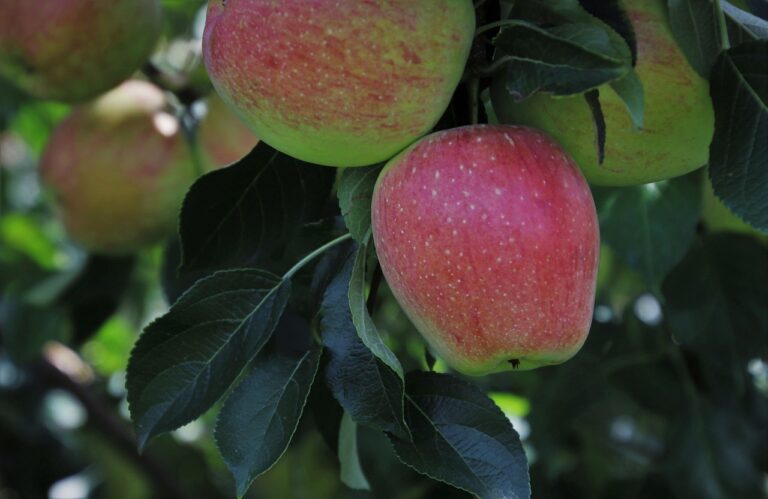Biotechnology in Urban Agriculture: Vertical Farming and Beyond: 11xplay reddy login password, 24 betting login india sign up, Skyinplay.com login
11xplay reddy login password, 24 betting login india sign up, skyinplay.com login: Biotechnology in urban agriculture has revolutionized the way we grow food in cities. Vertical farming is one of the most exciting innovations in this field, allowing us to produce fresh, nutritious crops in small spaces using advanced technologies.
Vertical farming involves growing crops in vertically stacked layers, often in controlled environments like warehouses or skyscrapers. This method offers several advantages over traditional agriculture, including higher crop yields, reduced water usage, and the ability to grow food year-round.
Biotechnology plays a crucial role in vertical farming by providing solutions to challenges such as limited space, climate control, and pest management. By using genetically modified seeds, automated lighting systems, and hydroponic techniques, urban farmers can optimize their production and minimize environmental impact.
One of the key benefits of vertical farming is its potential to increase food security in urban areas. By growing food close to where it’s consumed, we can reduce the carbon footprint of our food supply chain and ensure a more reliable food source for city residents.
In addition to vertical farming, biotechnology is also being used in other urban agriculture practices. For example, researchers are developing genetically modified crops that can thrive in urban environments, withstand pollution, and resist pests and diseases.
As biotechnology continues to advance, the possibilities for urban agriculture are endless. From rooftop gardens to aquaponic systems, there are many ways that biotech can help us feed our growing population sustainably and responsibly.
FAQs:
1. What are the benefits of vertical farming?
Vertical farming offers higher crop yields, reduced water usage, and the ability to grow food year-round. It also helps increase food security in urban areas and reduce the carbon footprint of our food supply chain.
2. How does biotechnology play a role in urban agriculture?
Biotechnology provides solutions to challenges such as limited space, climate control, and pest management in urban agriculture. By using advanced technologies and genetically modified seeds, urban farmers can optimize their production and minimize environmental impact.
3. What are some other biotech innovations in urban agriculture?
In addition to vertical farming, researchers are developing genetically modified crops that can thrive in urban environments, withstand pollution, and resist pests and diseases. Other innovations include rooftop gardens, aquaponic systems, and indoor farming techniques.
4. How can I get involved in urban agriculture?
There are many ways to get involved in urban agriculture, from volunteering at local community gardens to starting your own small-scale farm. You can also support organizations and businesses that are using biotechnology to revolutionize urban agriculture.







